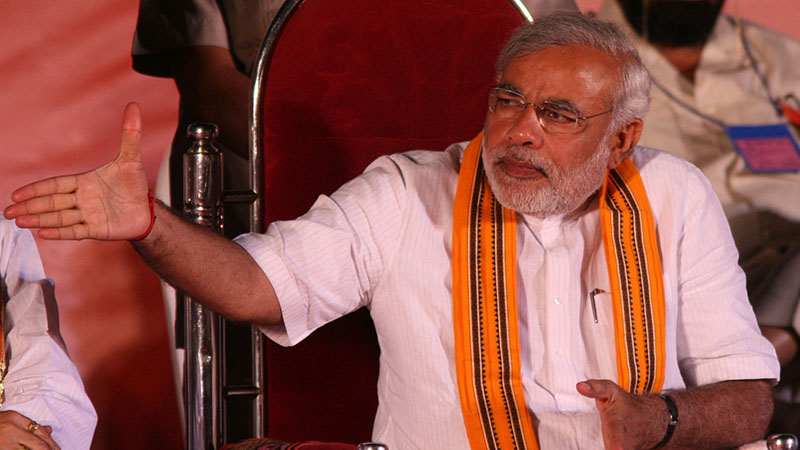As the ripples of Trump’s decision to leave the Paris accord flowed out this week, one of the big news items was Indian prime minister Narendra Modi’s vow to go beyond its current commitments to the deal.
India’s solar revolution has been held up as a beacon of hope by those who think the south Asian giant can bring power to its vast unserviced population using clean rather than coal. Record breaking low prices have triggered gushing headlines
But our journalist Darryl D’Monte has spoken to industry owners and analysts who said the industry may be pricing itself into oblivion. With a market distorted by underpriced imports from China and an auction system that encourages surplus supply, the prices currently winning bids for solar farms are a “race to extinction”, said one.
It’s an important story about what’s behind those solar record headlines. Read it here.
Trump socks ‘clean coal’ with one-two punch
The coal industry has asked Congress to protect them from Trump administration measures that undermine their attempts to develop carbon capture and storage technology – seen as the only hope for the fuel in a world that doesn’t also have dangerous climate change.
Zack Colman reports from Washington, DC that Trump’s recent budget and the announcement on leaving the Paris agreement could constrain research at home, while choking off US companies from overseas opportunities. All from the self-appointed champion of coal.
Greenest transport system on Earth?
Already much-vaunted for its 98% clean electricity system, can Costa Rica use all that green juice to power the world’s cleanest transport system? That’s what campaigners and politicians are hoping, reports Diego Arguedas Ortiz.
We’ll always have Paris
Richard Black’s op-ed on Monday threw a cold bucket of nuance over the fevered reporting that the US was out of the Paris accord. Not so, said Black, and in fact the US may never leave given the earliest the president could officially withdraw from the deal is the day after the next election.
Adani green lit
Green lit might not be the best term for a mine that could produce up to 60m tonnes of coal every year. Indian conglomerate Adani announced it’s ‘final investment decision’ this week, confirming it would build a huge mine in Queensland, Australia. But many analysts have questioned whether Adani has truly made its mind up, given there has been no decision from the Australian government on a proposed near-$1bn loan to support the project.
Aside from that, Samantha Hepburn argues, the underlying economics of coal simply cannot support the massive mine.
Safer for now
Marine reserves provide a much needed buffer for ecosystems against the deleterious effects of climate change, Alex Kirby reports. By offering sanctuary from the thousand other cuts of human overexploitation, reserves give animals and plants breathing room to adapt. It’s something that has long been argued, but this report offers new evidence.
